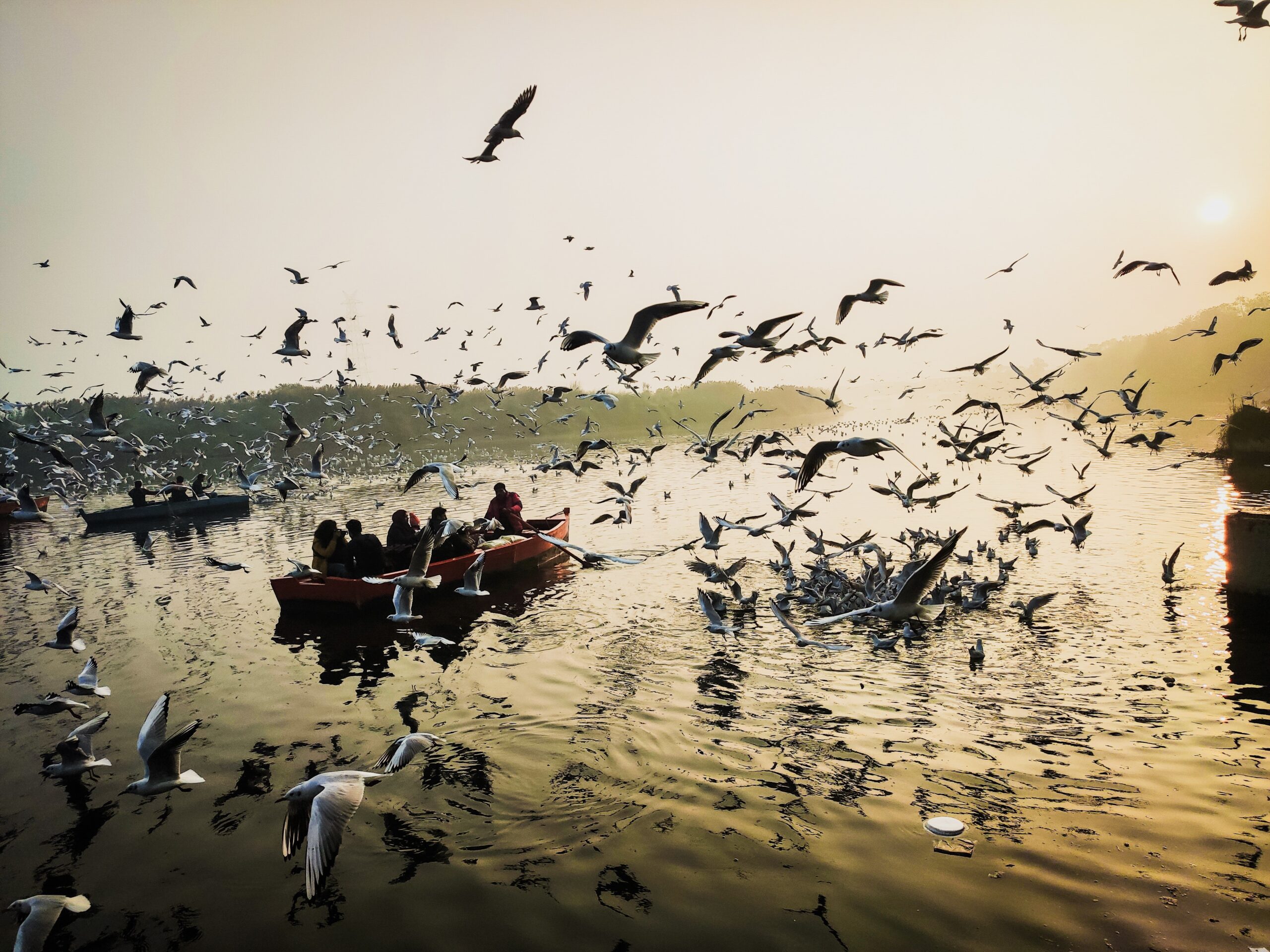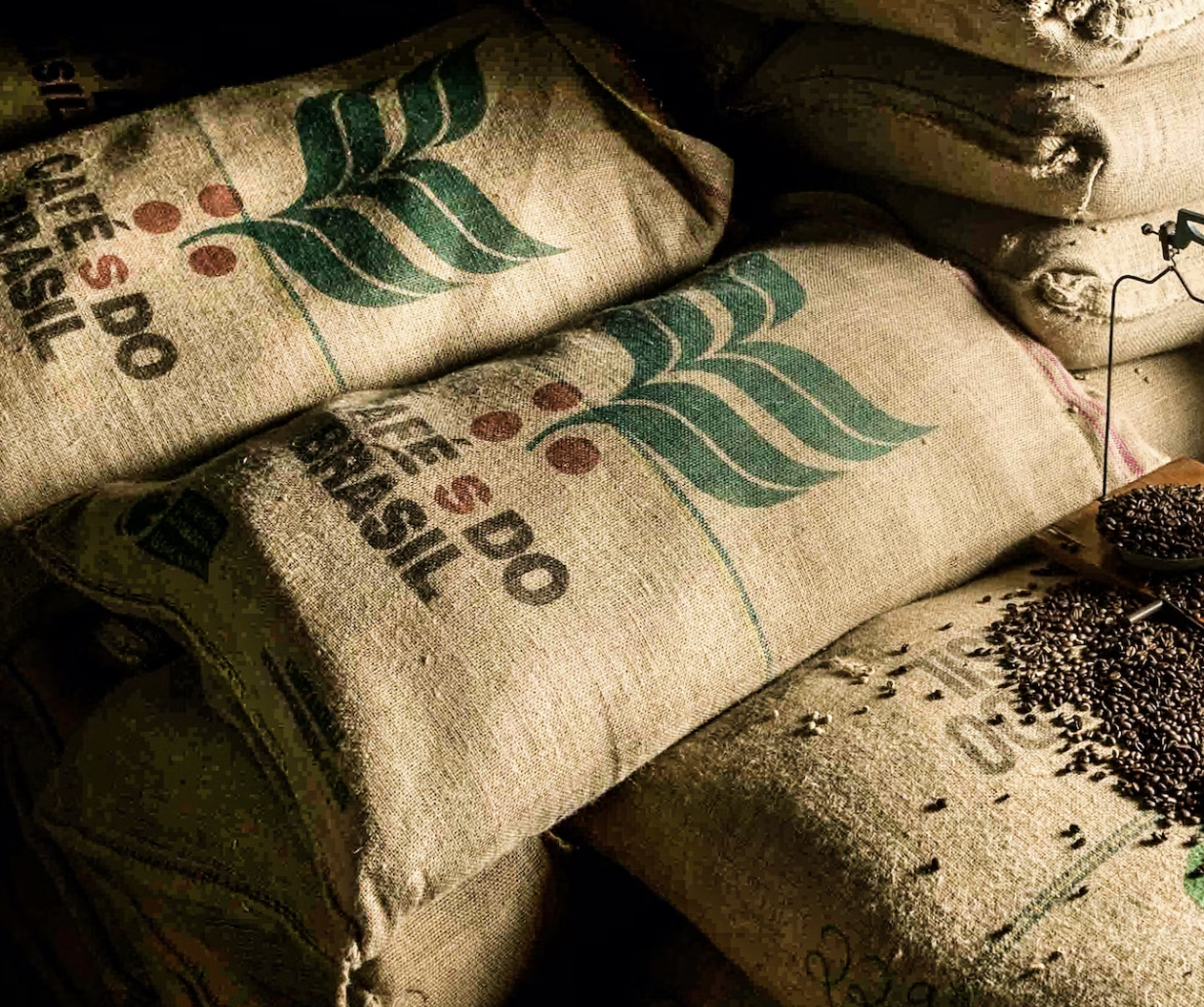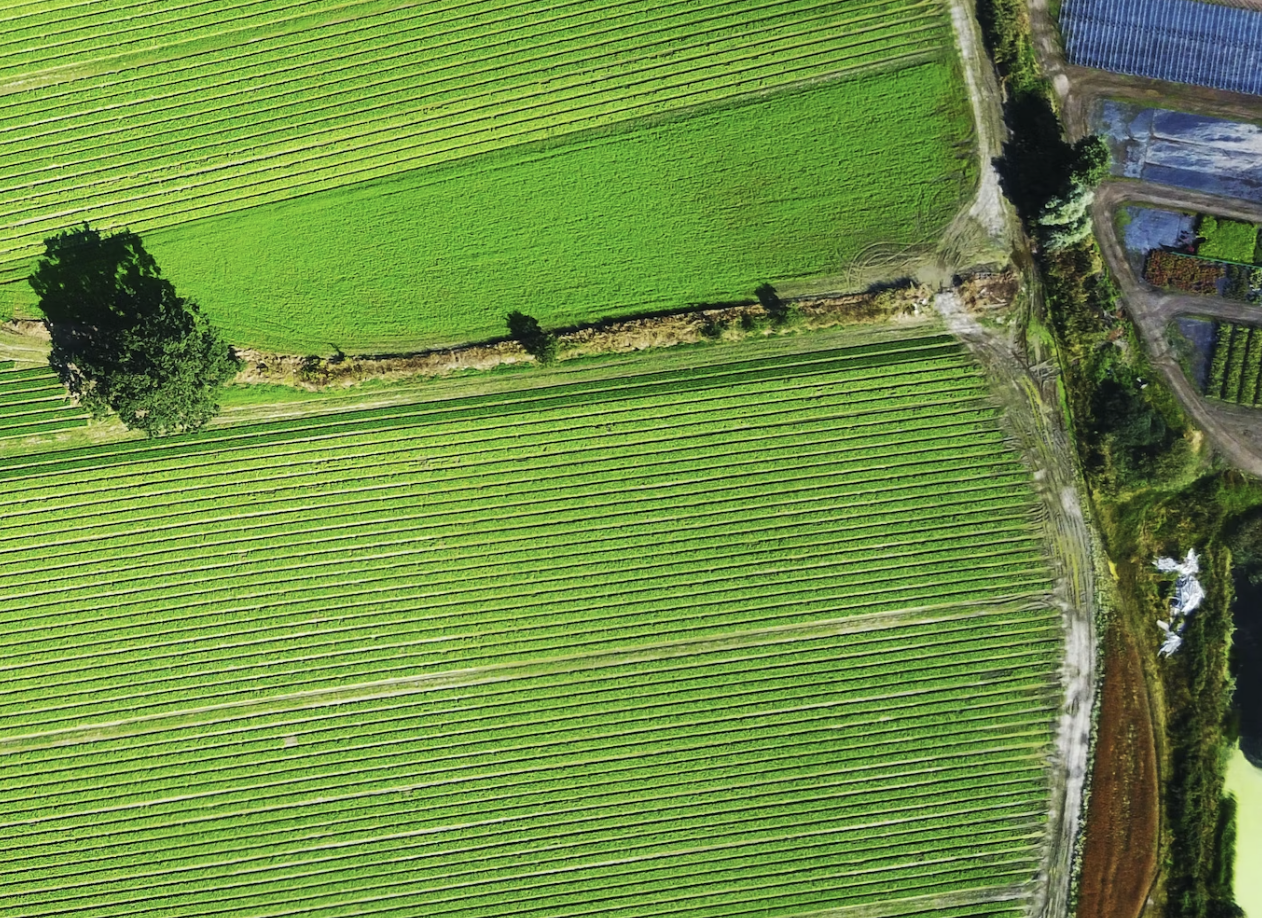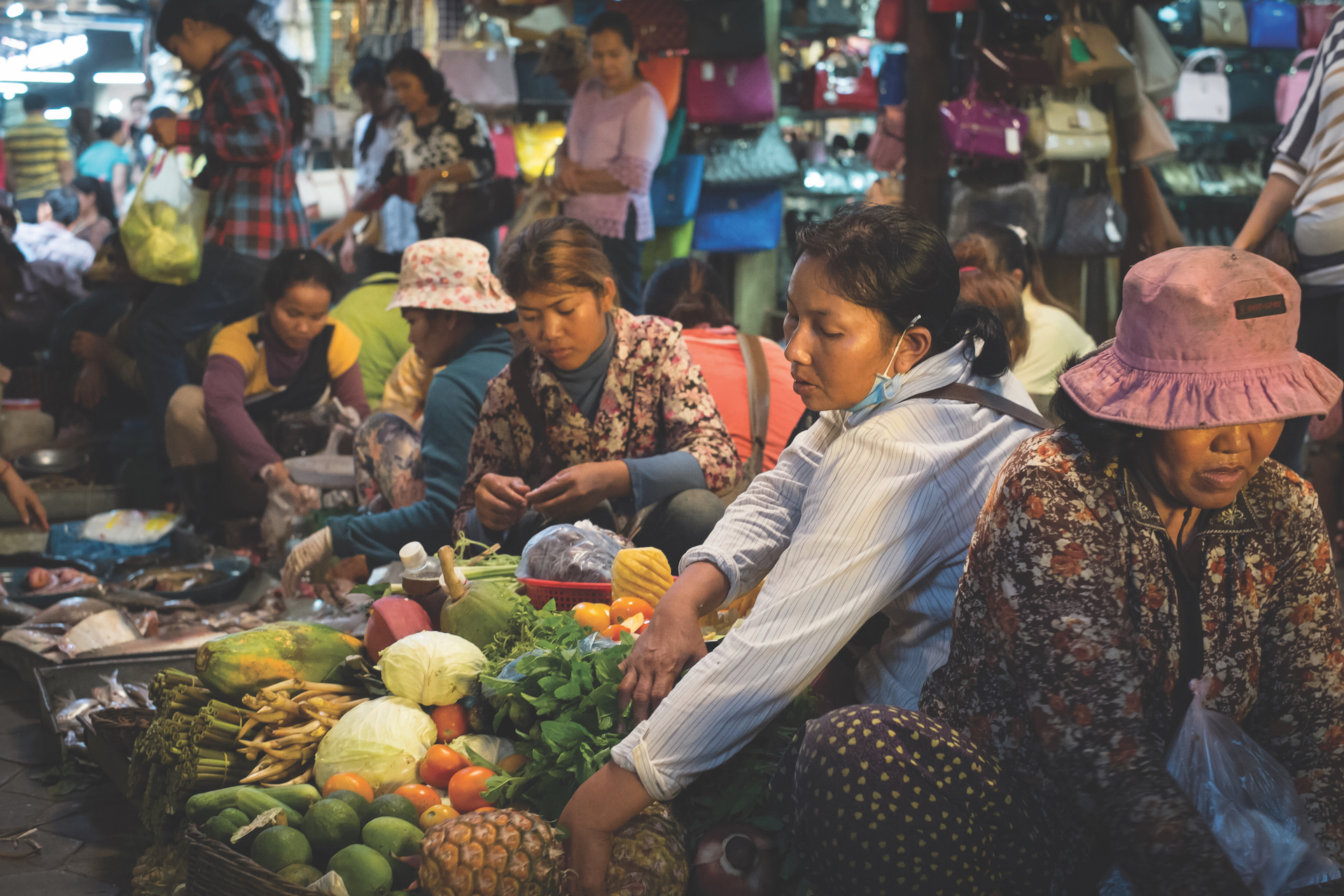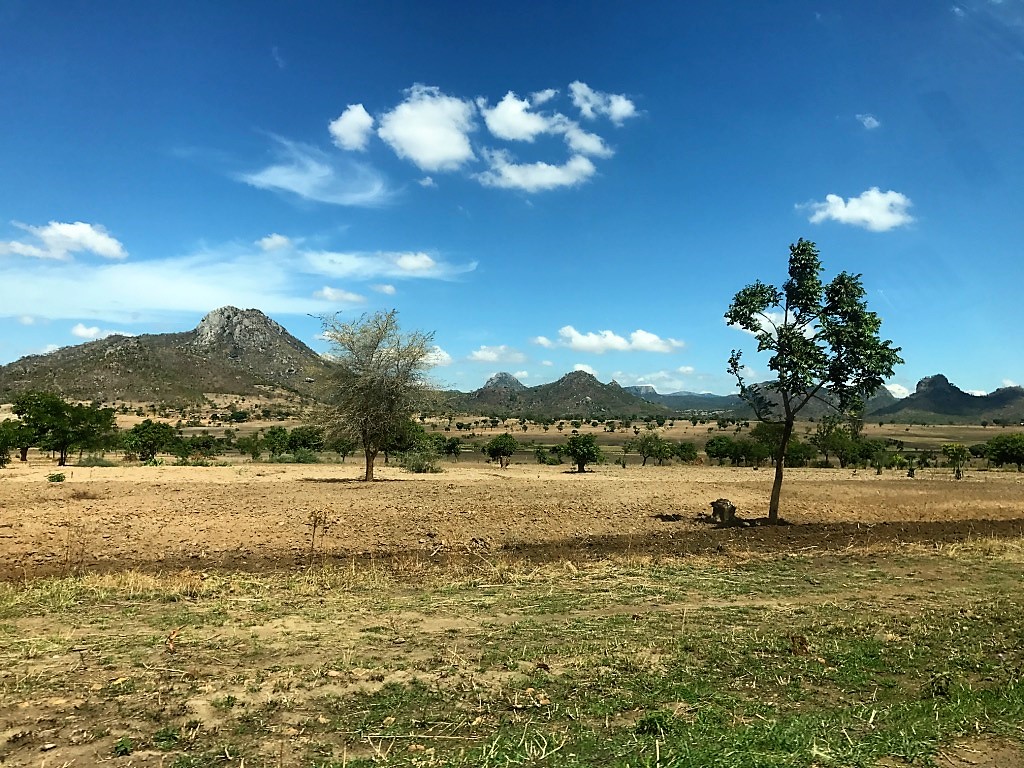interviews
The 2022 heatwaves: England’s response and future preparedness for heat risk
Discover how England's 2022 heatwaves were used to evaluate responses to heatwaves, leading to suggested improvements to the UK's extreme heat policies.
Adapting Coastal Cities and Territories to Sea Level Rise in North America – U.S. West Coast: Challenges and Leading Practices
Explore an overview of current practices and remaining challenges for coastal cities in defining and implementing adaptation strategies to sea level rise, proposed solutions, and leading practices developed across California, Oregon and Washington in the latest Ocean & Climate Platform report.
A combined cognitive and spatial model to map and understand climate-induced migration
What is the relationship between climate change impacts and migration? The SEI team analyzes this connection developing a spatial multi-criteria model that establish people’s motivations to migrate, including climate change factors.
Contesting legitimacy in global environmental governance – An exploration of transboundary climate risk management in the Brazilian-German coffee supply-chain
Explore the ways in which transboundary climate risks are being governed across a Brazilian-German coffee supply chain in this journal paper. Learn about the five distinct governance pathways identified, which are each underpinned by a distinct operationalization of legitimacy.
Nordic perspectives on transboundary climate risk
Explore the cross-border risks faced by Nordic countries, the extent to which they are already recognised, and possible ways to respond to them in this report. The analysis draws on a literature review, an analysis of trade data, and interviews with stakeholders from national authorities, industry and research institutions.
A decolonial perspective and methodology: Re-centring people’s lived experiences and local realities in climate change adaptation research
Learn about the some of the novel and emerging ideas about decolonial thinking in relation to current practices of climate change adaptation research.
Guide to Strengthening Gender Integration in Climate Finance Projects
CDKN and WEDO's guide presents a framework of recommendations for strengthening gender integration in climate finance projects, with concrete examples and resources to show how it can be done.
Identifying climate services needs for national planning: insights from Malawi
This article identifies the opportunities and barriers to the use of climate services for national planning in Malawi.


